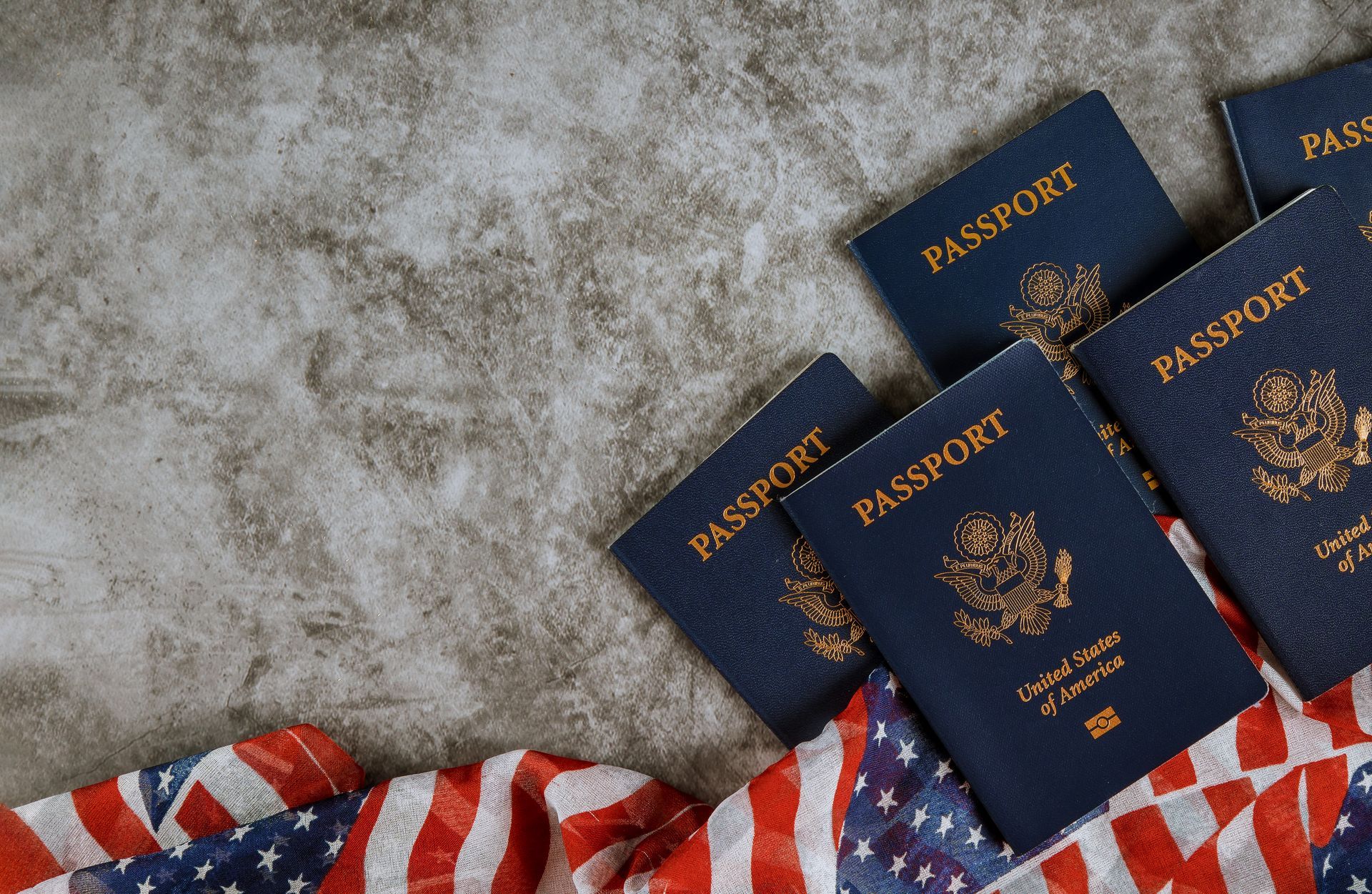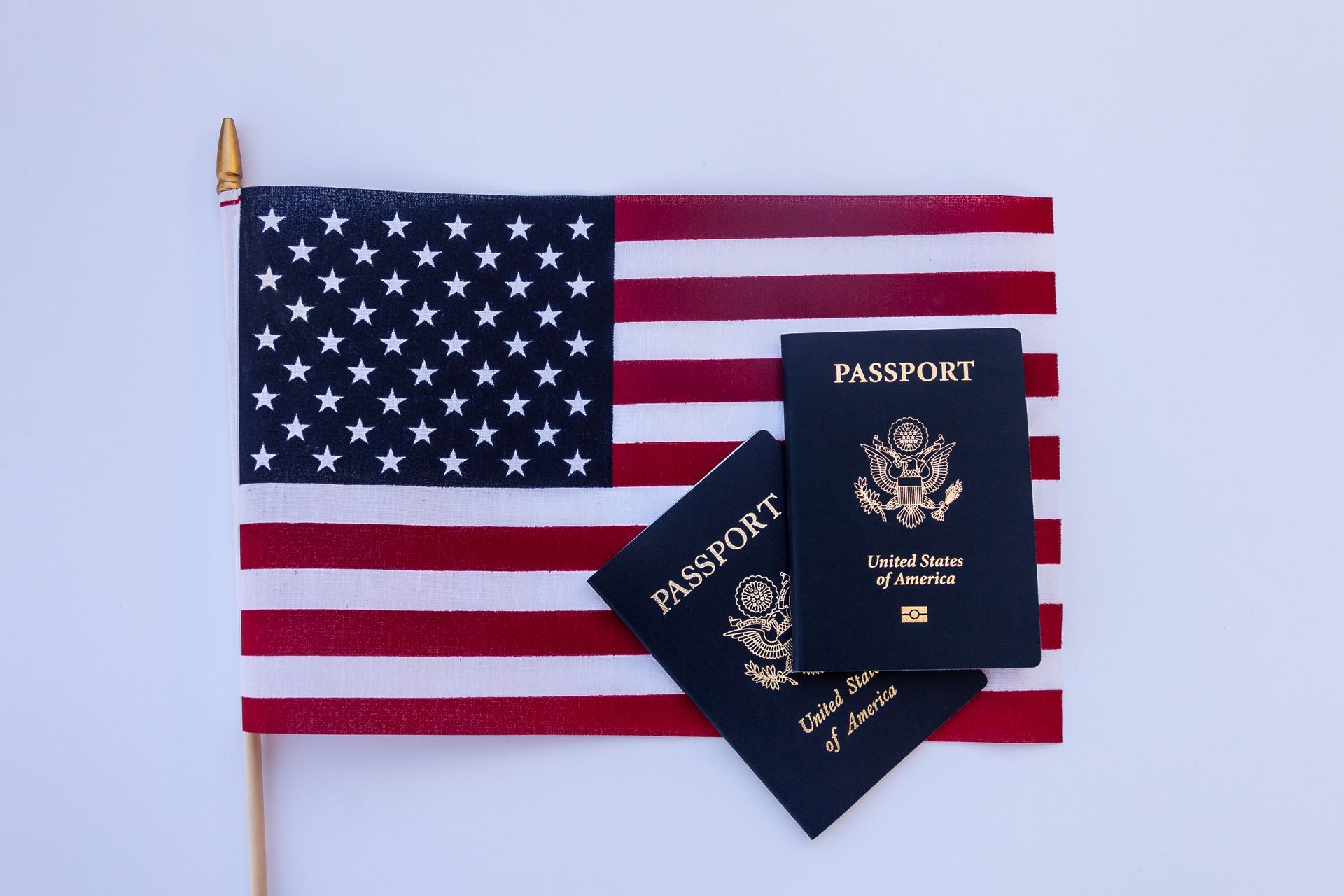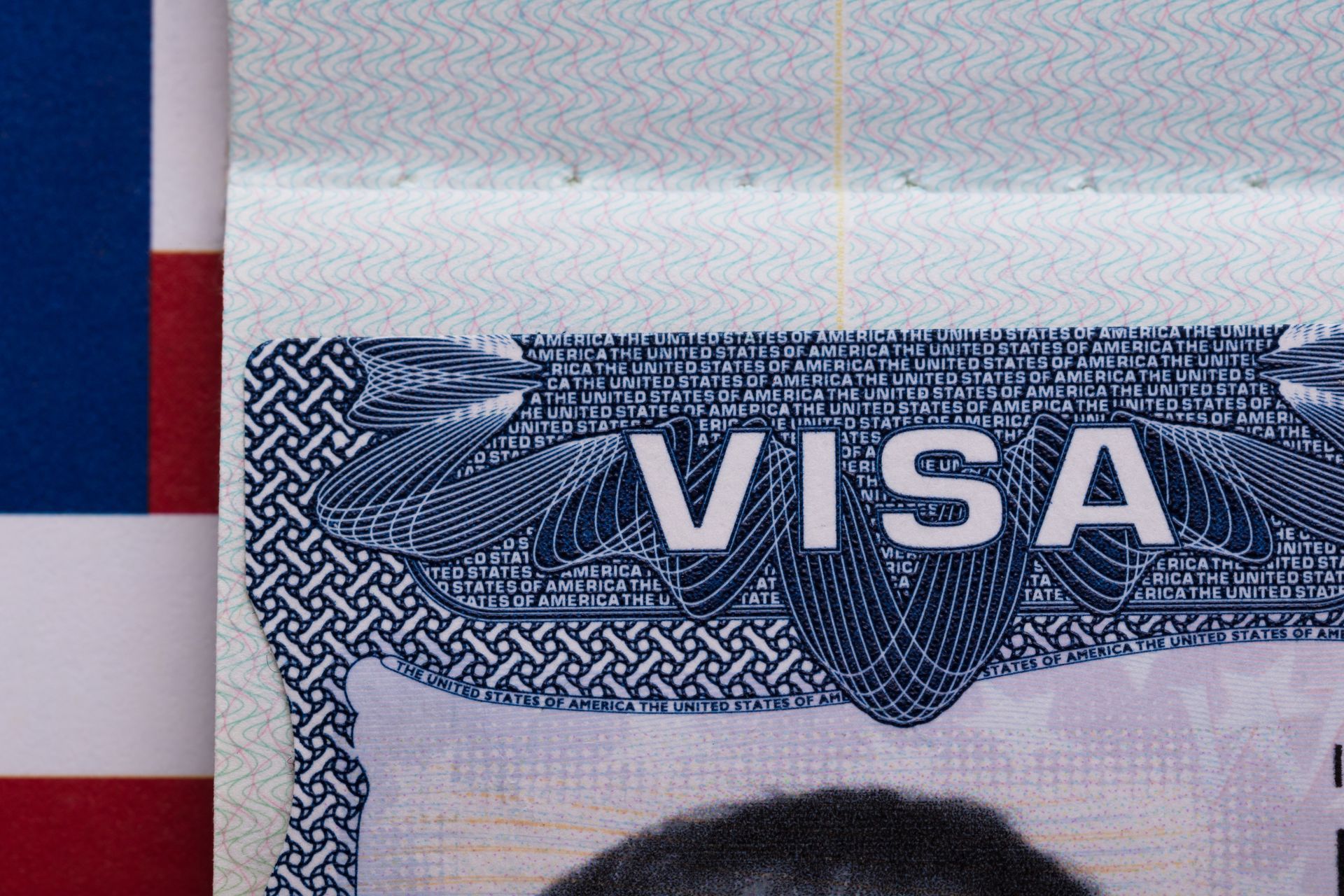Attorney Callan Garcia Gave Recent Interview with NewsNation Regarding the Migrant Crisis in Florida
Attorney Callan Garcia of Garcia, Miranda, Gonzalez-Rua, P.A. recently spoke with NewsNation regarding the Cuban migrant crisis that occurred in Florida since the holiday weekend.
When asked for his insight regarding the migrant increase, Attorney Garcia highlighted that political unrest in places such as Cuban and Haiti is a major factor.
To watch the interview with NewsNation, click here.
If you need assistance with your immigration case, contact Garcia, Miranda, Gonzalez-Rua, P.A. to discuss your situation with one of our dedicated immigration lawyers. Call 786-686-3090 today to schedule your case consultation.













